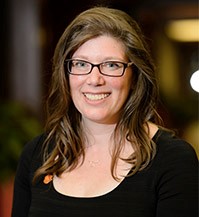BACKGROUND AND CONTEXT
While many institutions express interest in integrating sustainability into their civil engineering curriculum, the engineering community lacks consensus on established methods for infusing sustainability into curriculum and verified approaches to assess engineers’ sustainability knowledge. This paper presents the development of a sustainability rubric and application of the rubric to civil engineering senior design capstone projects to evaluate students’ sustainability knowledge at two institutions. The rubric built upon previous assessment approaches to evaluate student reports for nine different factors including dimensions of sustainability, Bloom’s taxonomy, sustainability links, drivers for including sustainability, location of sustainability within report, qualitative/quantitative incorporation, sustainability source/reference, and sustainability topics. The sustainability content within Spring 2014, Fall 2014, and Spring 2015 senior design capstone projects from university A (UA, n = 181 students, np = 28 projects) and university B (UB, n = 106 students, np = 15 projects) was evaluated using a mixed-methods approach. The mixed-methods assessment included observation of student project presentations and evaluation of student reports via rubric. Rubric evaluation of student reports revealed that students’ performance in senior design projects is primarily driven by their instructor’s expectations; if sustainability is not a major deliverable, then students are less likely to integrate sustainability concepts that they learned from prior classes in their reports. To make sustainability a priority, senior design project requirements should be updated to explicitly require holistic sustainability applications. Instructors could approach raising sustainability expectations by engaging a sustainability expert as an advisor to the senior design course and/or utilizing a sustainability expert as project mentor, as demonstrated in the success of one senior design project at each institution during this study.






